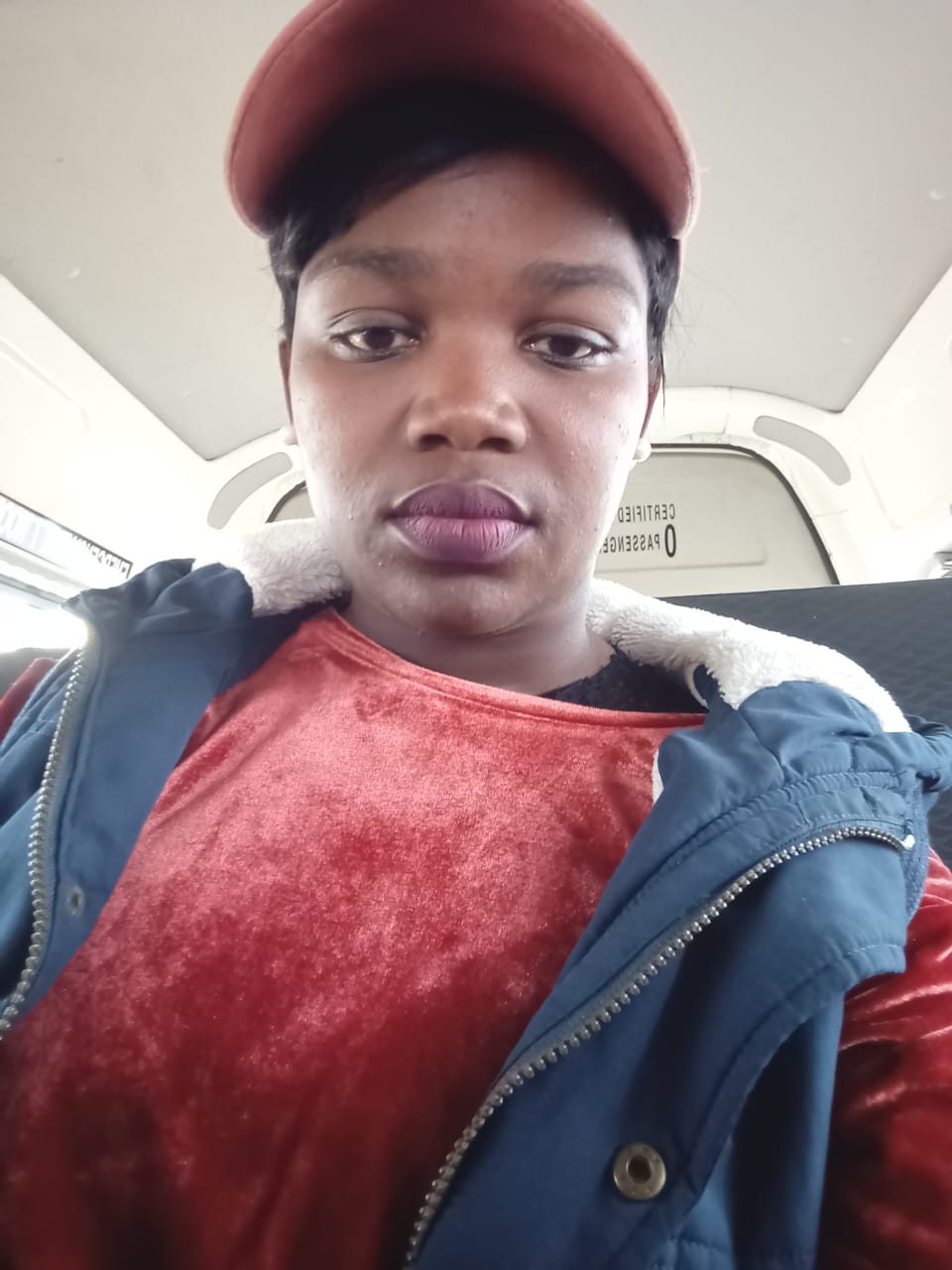This year, the annual Winter School hosted by Khanya College in Johannesburg is focused on organising. The theme, Arm Yourself with Knowledge and Organise! coincides with a defining period of struggle for the working class and the need for organising change. The school, which officially kicked off on 23 July 2023, features a number of activists from five of the provinces of South Africa. The majority are women activists, with youth also defining the make-up of the participants. 63% of the participants are below the age of 35.
John Appolis, a board member of the College, officially opened the school and highlighted the importance of organising in the working class. Appolis told the participants, “We know from experience that without organising the working class will not survive. It is very important that organising is a very important part of the working-class lives. The level of organising determines the level of our lives, and where we stand within society.”
He also spoke about the social impact of disorganisation in working-class communities, giving examples of the levels of crime. “The level of crime is also a reflection of our own level of organising. There was almost no crime during the period of organising,” said the Khanya board member, going on to mention the early 1980s.
The Director of Khanya College, Comrade Maria Van Driel, talked about the reasons for the founding of the Winter School and the challenges that the organisers of the school had to overcome over the years. In the welcome message, she reflected on the principles of the Winter School, and it being established as an analytic tool to help the working class respond to social and economic challenges.
Highlighting the importance of continuity, and passing on the baton to the next generation, she addressed the youth in the audience that “the 24th Winter School is the youngest winter school since its inception in 1999, it is only the youth that will take us out of the struggle we are facing… what role are you going to play in terms of taking us out of the struggle that we are facing? Everything is falling apart in this country.” Comrade M, as she is affectionately called, went on to say, “In 1995 the government adopted the Growth Employment and Redistribution policy, but we could see where this was going…we saw this in 1999 and we started the Winter School.”
The first activity after the opening was about remembering comrades who have passed. Different activists remembered people who contributed to the struggle. Next was the simulation game about ‘the way things work’, in capitalist society, it depicted real challenges faced by the working class. The game looked at the inequality and corruption that faces the working class.
During feedback, many activists noted the parallels between the game and their own experiences in their daily lives. Tsepang Sesouane said, “You need connections to find work,” complaining about nepotism.
“Some of the things that we are buying should not be sold,” Marriam Tshilande from Page to Stage, in reference to water which was sold in the game.
At the end of the session, the participants had papers to characterise the working class, with most saying there is a lack of solidarity and discipline, division, corruption, unemployment, individualism, desperation and disorganisation in the working class. The simulation was crucial as it set an approach to address issues faced by the working class and recognises that the working class often bears the burden of inequality.
This article was submitted as part of the Imbila Yesu publication produced daily for the duration of the Winter School in 2023 (23-28 July 2023). It appeared in Edition No.2, released on 25 July 2023.
You may republish this article, so long as you credit the author and Karibu! Online (www.Karibu.org.za ), and do not change the text. Please include a link back to the original article.


 Download PDF
Download PDF
